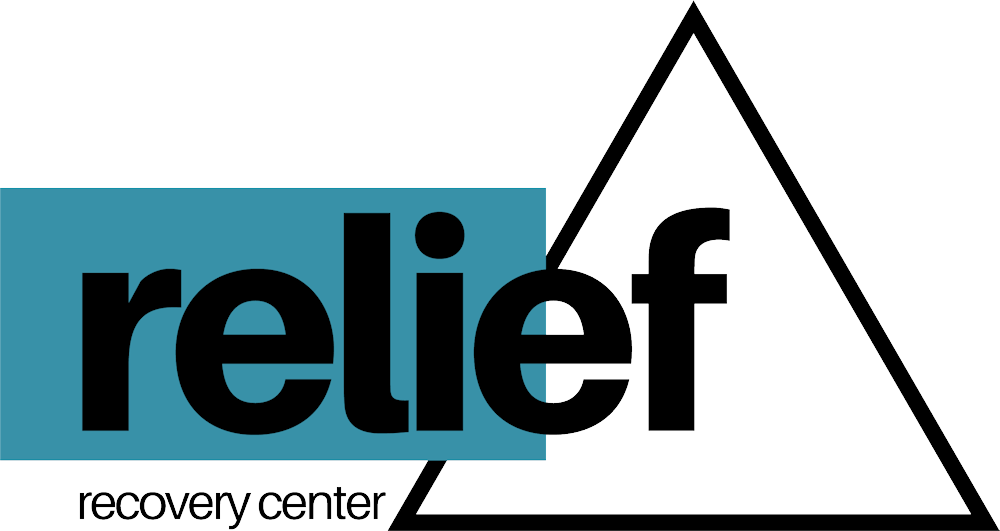Clearing the Path to a Healthier Future
Understanding Detox: Your First Step Towards Recovery
» Resources »
Detox is often the first step on the road to recovery for those struggling with addiction. It can be a difficult and challenging process, but it’s also an essential one. At its core, detox is about letting go of the past and beginning anew.
It’s a journey that requires courage, commitment, and support.
If you or a loved one is considering detox, know that you’re not alone. Our goal is to help you understand the detox process, choose the right program, and prepare for the road ahead. We’re here to support you every step of the way.
What is Detox?
Detoxification, commonly known as detox, is the process of removing toxic substances from the body. In the context of addiction treatment, detox refers to the process of safely managing withdrawal symptoms when someone stops using drugs or alcohol. Detox is the first step in addiction treatment, and it is essential for people who have become physically dependent on drugs or alcohol.
During detox, the body goes through a period of adjustment as it adjusts to the absence of the substance. Withdrawal symptoms can range from mild to severe, and they can include physical and psychological symptoms such as nausea, vomiting, insomnia, anxiety, and depression. The severity and duration of withdrawal symptoms can vary depending on several factors, including the type of substance, the amount and frequency of use, and the person’s overall health.
Detox should always be performed under medical supervision, as some withdrawal symptoms can be life-threatening. Medical professionals can provide medications to help manage withdrawal symptoms and monitor vital signs to ensure the person’s safety. Detox can take several days to a week or longer, depending on the substance and the person’s individual needs.
Massachusetts Detox Statistics
- In 2020, there were 2,152 opioid-related overdose deaths in MA.
- The age group with the highest number of opioid-related overdose deaths in MA is 25-34.
- In 2019, there were over 17,000 admissions to detox programs in Ma.
- Of those admissions, 57% were for alcohol and 43% were for drugs.
- The average length of stay in detox programs in is 5-7 days.
- After completing detox, it is estimated that 40-60% of people will relapse within the first year.
Understanding the Detox Process
The detox process varies depending on the substance being used and the individual’s health status. In general, the process involves removing the substance from the body and managing withdrawal symptoms. Withdrawal symptoms can range from mild to severe and can include nausea, sweating, tremors, and seizures. Medical supervision during detox is important to ensure the safety and comfort of the individual going through the process.
Evaluation
The duration of the evaluation stage of the detox process can vary depending on the individual’s situation and the severity of their addiction. Typically, the evaluation stage can take anywhere from a few hours to a few days. The medical team needs to conduct a thorough assessment of the patient’s physical and mental health, review their medical history, and screen for any co-occurring disorders. They may also need to run some diagnostic tests to determine the level of drugs or alcohol in the patient’s system.
Once the medical team has gathered all the necessary information, they will create an individualized treatment plan that addresses the patient’s specific needs. This plan may include medications to manage withdrawal symptoms, counseling, and support services to help the patient achieve and maintain sobriety.
Overall, the evaluation stage is an essential component of the detox process that helps ensure the safety and success of the patient’s recovery. It provides a solid foundation for the rest of the treatment journey, and helps the medical team develop a plan that is tailored to the patient’s unique needs.
Stabilization
During this stage, the patient may experience a range of physical and emotional symptoms as their body adjusts to being without drugs or alcohol. The medical team will closely monitor the patient’s vital signs, including their heart rate, blood pressure, and temperature. In addition, they will provide medications as needed to help alleviate the symptoms of withdrawal.
Stabilization can take anywhere from a few days to a week or more, depending on the individual’s substance use history and the severity of their withdrawal symptoms. The medical team will continue to adjust medications and treatment plans based on the patient’s response to treatment and progress toward their recovery goals.
It’s important to note that stabilization is just one component of the overall detox process. While it is an important step in helping patients safely withdraw from drugs or alcohol, it is not a substitute for ongoing treatment and support. Following stabilization, patients are typically referred to additional treatment programs, such as therapy, counseling, and support groups, to help them maintain their sobriety over the long term.
Transition to treatment
During this stage, the patient will work with a team of professionals to develop a personalized treatment plan. This plan may include various therapies, such as cognitive-behavioral therapy, individual counseling, group therapy, or family therapy. The goal is to help the patient address the root causes of their addiction and develop healthy coping mechanisms.
In addition to therapy, medication-assisted treatment (MAT) may also be used to help manage cravings and reduce the risk of relapse. MAT involves the use of medications, such as methadone, buprenorphine, or naltrexone, in combination with behavioral therapies to help the patient achieve and maintain sobriety.
The length of time for this stage varies depending on the individual’s needs and progress. It can range from a few weeks to several months or longer. The goal is to provide the patient with the tools and resources they need to successfully manage their addiction and maintain their recovery over the long term.
Aftercare
Some aftercare options include ongoing therapy, support groups, and regular check-ins with a healthcare provider. These resources can help individuals stay on track with their recovery and manage any challenges or triggers that may arise.
Relapse prevention strategies may include identifying triggers and developing coping skills to manage them, avoiding high-risk situations, and building a support system of family and friends who can offer encouragement and accountability.
It is important to remember that recovery is a lifelong journey, and aftercare and relapse prevention are essential components of maintaining sobriety and achieving long-term success.
Additional Resources

How to Choose a Detox Program

How to Prepare for Detox

After Detox: What Comes Next
If You Need Help Overcoming Substance Use, We’re Here to Support You, Just Take the First Step!
Contact Relief Recovery Center for a consultation and begin your journey to recovery. When making a call to Relief Recovery Center you will be greeted by one of our care coordinators who will guide you through a quick and easy process to start you on your path of recovery!
